Defense rests after the defendant in Mollie Tibbetts' murder trial reverses his confession on the stand - CNN posted at 10:38:47 UTC | M.N.: I think, that the defendant's reversal of his confession is the valid development, and the consideration should given to the REINVESTIGATION of this case.
Defense rests after the defendant in Mollie Tibbetts' murder trial reverses his confession on the stand - CNN posted at 10:38:47 UTC | M.N.: I think, that the defendant's reversal of his confession is the valid development, and the consideration should given to the REINVESTIGATION of this case.
M.N.: This is the very complex case, with the abundance of the "TELLING NAMES", one of which as far as I remember, the name of the one of investigators or detectives, (was something like "Mordaunt" - CORRECTED), pointing that she is dead, while the search for her was in progress. Correction: Mollie Tibbetts + Mitch Mortvedt
Mortvedt (just a name, no offense to the person) - can be interpreted as "the one who leads to death", a combination of Latin: mors and Slavic - Indo-European: vedt - ved, e.g. as in "medved - bear" verbal roots. It is very specific and unique verbal roots combination, that is why I was able to recall it now.
It appears that this name surfaced in the press reports about July 24, 2018, about the week after Mollie disappeared on July 18, on "July 23: FBI agents join the investigation".
When I saw and interpreted this name, Mortvedt (again, it is not referred to the person), I felt that it is an indication, that the girl will not be found alive.
On "Aug. 21: Authorities find Tibbetts’ body in a cornfield and charge Cristhian Bahena Rivera with murder."
I think, it was a hint, and also the indication that this murder was staged and contemplated in advance, with the present defendant as the patsy, introduced as the part of the scheme. I think, that the defendant's reversal of his confession is the valid development, and the consideration should given to the REINVESTIGATION of this case. I also think that this case is the prime (if not the spectacular) example of the cases that appear to be the performance and the message crimes.
The key "telling name", a part of the defendants' name: Cristhian Bahena Rivera, and it is referred to Mollie: "Bahena" = Boginya in Russian, the Goddess. It is pronounced almost similarly, especially if the native language of this dramatic operation concept maker is not Russian, but for example German or Hebrew, or the mixture of both, such as Yiddish, etc. These type of speculations are very hard to make, and even harder to validate.
This story may refer to the myth of the suffering ("Cristian") goddess ("Bahena" = Boginya) or saint who killed herself or was killed and let flow down the river ("Rivera"), as in the aftermath of the inter-ethnic conflicts or wars, most recently and on the large scale, the fate of too many young German women after the WW2 ("Rape of Germany"). As far as I remember, Mollie is from the ethnically German, old immigrant community.
The whole dramatic idea is the deification of the martyred young woman.
FOR THE INVESTIGATORS, the point is that this concept was "premeditated" in advance, apparently, and the defendant is more likely to be one of the actors, the dramatic pawn, rather than the true perpetrator. I would not dismiss his story of the two masked men right out of hand as his invention or fantasy and I would investigate it further.
The political, racial, and the anti-immigration bias of the Trump administration, right at its midpoint in 2018 serves as the appropriate backdrop. I would investigate this aspect also, to see if it relates directly to criminal matters.
All this might simply mean that the "directors" of this crimes are in possession of various databases, which is not surprising at all in today's cyber environment.
They want to intimidate you by implying the fact of this knowledge. These crimes are like the miniature military operations, designed and performed by the "artists", who take the especial, brazen pride in displaying their signatures (patterns) in the various forms, and that's how you can try to trace them.
Michael Novakhov | 8:16 AM 5/27/2021_____________________
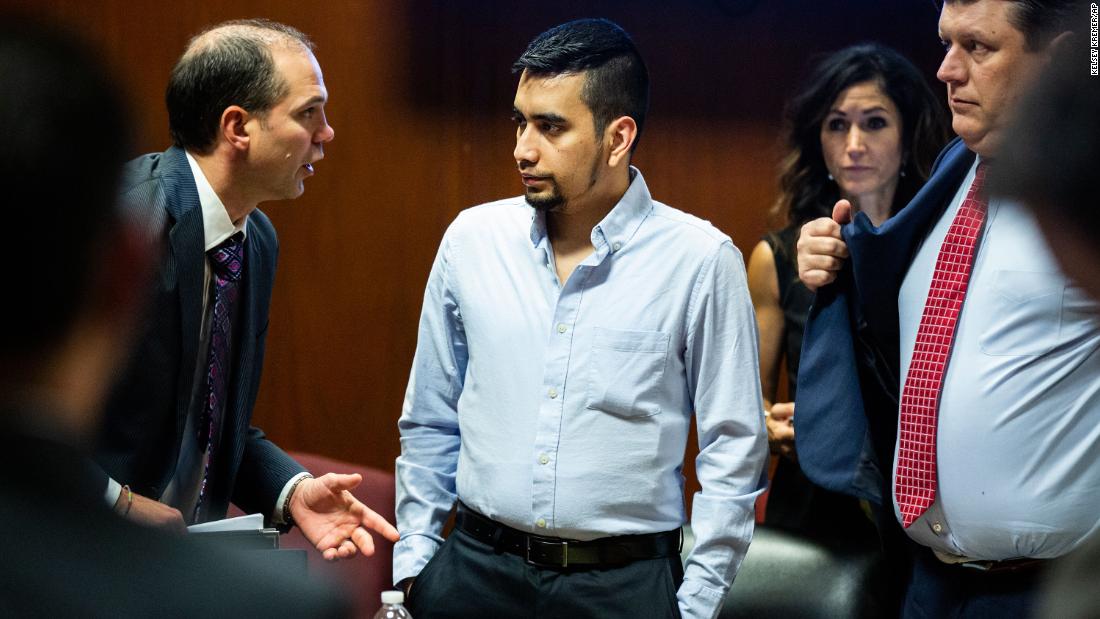
- Defense rests after the defendant in Mollie Tibbetts' murder trial reverses his confession on the stand CNN
- Iowa murder suspect blames mystery men for runner's slaying Yahoo News
- Attorney explains Bahena Rivera taking the stand in his own defense KCCI Des Moines
- Defense in Mollie Tibbetts case rests, murder suspect testifies armed, masked men forced him to approach her Fox News
- Suspect in Iowa student Mollie Tibbett' slaying takes the stand, blames 2 masked men for murder CBS News
- View Full Coverage on Google News
Despite presenting his agenda as the antithesis of Donald Trump’s, President Joe Biden, like his predecessor, is managing global affairs as an extension of domestic politics and economic policy. The goal of what the Biden administration calls “foreign policy for the middle class” is to promote the interests of America’s middle-class and working people. Supporters defend this approach as a reorientation away from a post–World War II foreign policy that, in their view, privileged the rich by pushing trade agreements that allowed competition from imports and enforcing a multinational order that allowed global business to flourish at workers’ expense. Secretary of State Antony Blinken’s mea culpa earlier this year for his own previous support of open trade described the Biden administration’s approach in these terms: “We will fight for every American job and for the rights, protections, and interests of all American workers … Our trade policies will need to answer very clearly how they will grow the American middle class, create new and better jobs, and benefit all Americans, not only those for whom the economy is already working.”
This rhetoric is less strident than Trump’s “America First” approach, but how is it actually different? Both are based on a faulty industrial-age understanding of the U.S. economy, both are fundamentally mercantilist in their intention to promote more exports and discourage more imports, and both hide behind what they perceive to be an isolationist public attitude rather than shape public understanding. And both fail to recognize that, by establishing security and expanding the rule of law in ways that enable commerce to create jobs and reduce prices for all Americans, traditional postwar foreign policy was already making an enormous contribution to the middle class.
[William J. Burns: The blob meets the heartland]
The Trump administration claimed that multilateral trade deals allowed weaker states to gang up on and punish the United States. That was one of Trump’s arguments for pulling out of the Trans-Pacific Partnership, a trade bloc negotiated by the Obama administration and 11 other nations to facilitate trade, set business standards, and counter Chinese influence in the world’s most economically dynamic region. To the extent that the Trump administration supported trade negotiations at all, American officials claimed that bilateral arrangements allowed the U.S. to dictate superior outcomes. (Never mind that the trilateral United States–Mexico–Canada Agreement was the only trade deal that Trump closed.)
Presumably because of domestic opposition, the Biden administration has yet to rejoin the Trans-Pacific Partnership—which, as a presidential candidate, Biden vowed to renegotiate. His team echoes the Trump administration’s mistaken assertions that manufacturing jobs fled the United States for cheaper manufacturing abroad, cratering the economy for the American middle class. But 85 percent of job losses in the U.S. from 2000 to 2010—a period during which NAFTA was already in place, and China joined the World Trade Organization—were due to automation by American companies, not trade. This fact sits incongruously with the Biden administration’s enthusiasm for innovation as a major job creator.
Not only is Biden’s understanding of the economy fallacious, but so is his understanding of public attitudes about trade. As the commentator Daniel Drezner has pointed out, even voters who elected Biden president consider trade beneficial; where there is reduced support for trade is among Trump voters. But Biden is holding obdurately to the outdated belief that American domestic politics won’t permit rejoining the trans-Pacific deal or any other broad, standard-setting trade pact.
[Read: TPP’s death won’t help the American middle class]
Instead, some prominent Democratic economic experts, such as the former Treasury official Larry Summers, have advised the Biden team to pursue only sectoral trade deals—that is, narrowly focused agreements that reduce trade barriers in specific industries (such as digital services or agricultural products). The underlying theory is that cutting up a wide range of trade matters into small bites will prevent opposition to any one deal from aggregating. But will it really be easier to get congressional ratification of dozens of small trade deals than of one large one? It’s a testable proposition, but the answer won’t be revealed unless the president makes the effort to get his trade-promotion authority extended by Congress, because it expires on July 1. Moreover, negotiating away trade barriers one economic sector at a time is likely to be as time-consuming as going country by country, as the Trump team was ostensibly doing.
The worst error, though, in Biden’s supposed foreign policy for the middle class is that it misses the opportunity to connect what the U.S. already does in the world to the well-being of Americans. Providing a largely peaceful international order is an enormous benefit to the American middle class, whose children would otherwise be conscripted to fight wars once threats had gathered. Extending security guarantees to a large number of countries prevents arms races and contains regional rivalries, preventing the conditions that lead to wars. Using American leverage to restrain the behavior of U.S. allies discourages them from provoking their regional rivals. Developing international practices beneficial both to Americans and to states that lack the diplomatic and economic muscle to set their own rules builds up multinational support for the global order, reducing the costs to U.S. taxpayers of enforcing it. Actively managing international organizations creates a mechanism for peacefully adjudicating disputes. Maintaining a military second to none discourages violations of globally accepted rules.
These things are crucial to the well-being of the American middle class—much more so than performative gestures of support such as maintaining tariffs enacted by the Trump administration. Biden and his team may think they are conducting policy in an elegant sequence—beginning with toughness to show that they’re protecting American workers, then easing in open trade sector by sector. But the problem with such sequencing is that members of the American middle class aren’t the only people whose opinion matters. Biden also has to persuade allied nations to believe his proud boast that “America is back,” by prioritizing cooperative international action to reclaim America’s role as protector of a global system.
The Biden administration is right that America’s political leaders have often failed to explicitly connect the country’s foreign policy to the immediate needs of average Americans. But the administration is mistaken to imply that the traditional U.S. foreign-policy role wasn’t already benefiting the American middle class. Rather than dress up bad economics and class warfare as a return to a Norman Rockwell–esque Scranton, Pennsylvania, of Biden’s youth, the administration ought to champion the ways American foreign policy creates an advantageous international order, because that genuinely is good for the middle class and the American worker, in addition to being good for others.
The fourth war between Israel and Hamas since the latter took power in Gaza 14 years ago killed hundreds of people, mostly Palestinians, and left unresolved the historical grievances between two peoples whose national aspirations compete for the same piece of earth. What will it take to end this conflict? Two people who work for the cause of peace, Lucy Kurtzer-Ellenbogen and former Ambassador Hesham Youssef, explain why the Israeli-Palestinian conflict seems so intractable.
 audio/mpeg HH-038-210527.mp3?dest-id=2566565
audio/mpeg HH-038-210527.mp3?dest-id=2566565The post Suspect Arrested After Laser Pointed At NYPD, CBS2 Choppers – Yahoo News first appeared on The Brooklyn Bridge.
The post ФСБ: Украина почти прекратила копать противотанковые рвы на границе с РФ first appeared on The Brooklyn Bridge.
#China hit out at the "dark history" of the #US #intelligence community Thursday, after President Joe Biden ordered a probe into the #Covid-19 origins.
Subscribe to France 24 now:
http://f24.my/youtubeEN
FRANCE 24 live news stream: all the latest news 24/7
http://f24.my/YTliveEN
Visit our website:
http://www.france24.com
Subscribe to our YouTube channel:
http://f24.my/youtubeEN
Like us on Facebook:
https://www.facebook.com/FRANCE24.English
Follow us on Twitter:
https://twitter.com/France24_en

«Школа не охранялась, хотя был договор об охране. Спрашиваю директрису: „Почему не охраняли школу?“ — „Родители были против“ — „Почему?“. Молчит. А я-то знаю, почему — родители должны были дать деньги на охрану, они отказывались. Охраны не было, хотя договор существовал», — сказал Бастрыкин.
«Ведомости»
Сразу после нападения на казанскую гимназию № 175 выяснилось, что уже больше года школу никто не охранял. Раньше она была под охраной ЧОП «Сфинкс», которая оплачивалась из родительских сборов. Однако во время пандемии частные охранники подняли цены на свои услуги. По данным наших источников, стоимость их работы выросла с 40 тыс. до 47 тыс. рублей ежемесячно — по 44,8 рубля на ребенка. Родители решили от охраны отказаться, и школу защищали только вахтер и тревожная кнопка.
Бастрыкин также выступил с критикой в адрес минпросвещения и минобрнауки, которые, на его взгляд, недостаточно активно занимаются воспитанием молодежи.
По словам главы СКР, половина поручений в области безопасности школ, которые давались властями после трагедии в Керчи, так и не была выполнена. «Докладываю: 50 процентов из всех поручений, которые давались в широком плане, начиная от охраны школ, заканчивая воспитательной работой, не исполнено — вот результат», — заявил спикер.
«Бизнес Online»
Утром 11 мая Галявиев напал на гимназию, которую окончил несколько лет назад, открыв огонь из гладкоствольного ружья. Его жертвами стали семь детей и две учительницы, более 20 человек пострадали. Галявиева арестовали по делу о массовом убийстве, ему грозит пожизненный срок.
Подписаться на канал

Graham Spanier must report to a Pennsylvania jail in July to serve at least two months behind bars. He must also serve two months of house arrest.
(Image credit: Matt Rourke/AP)












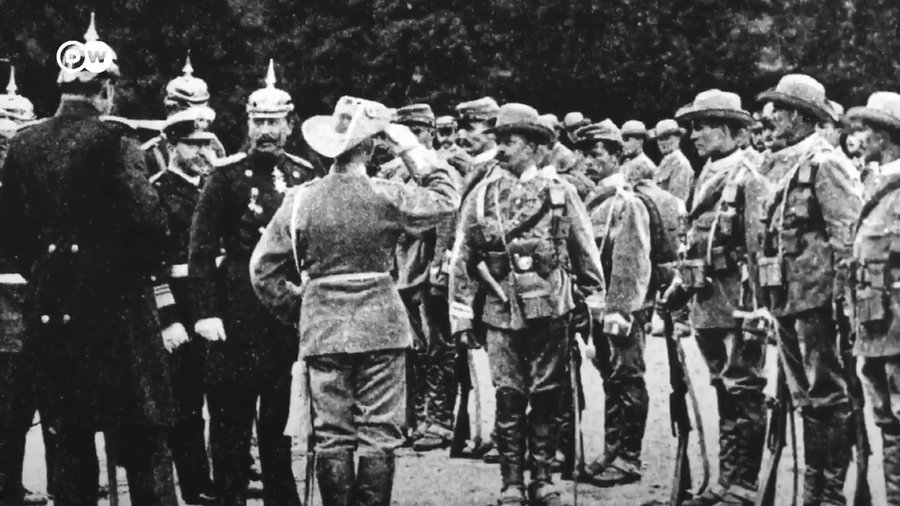







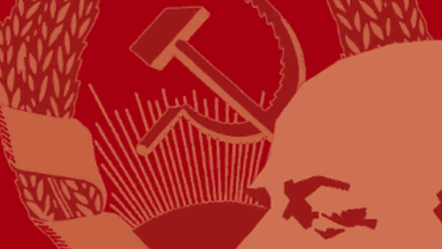













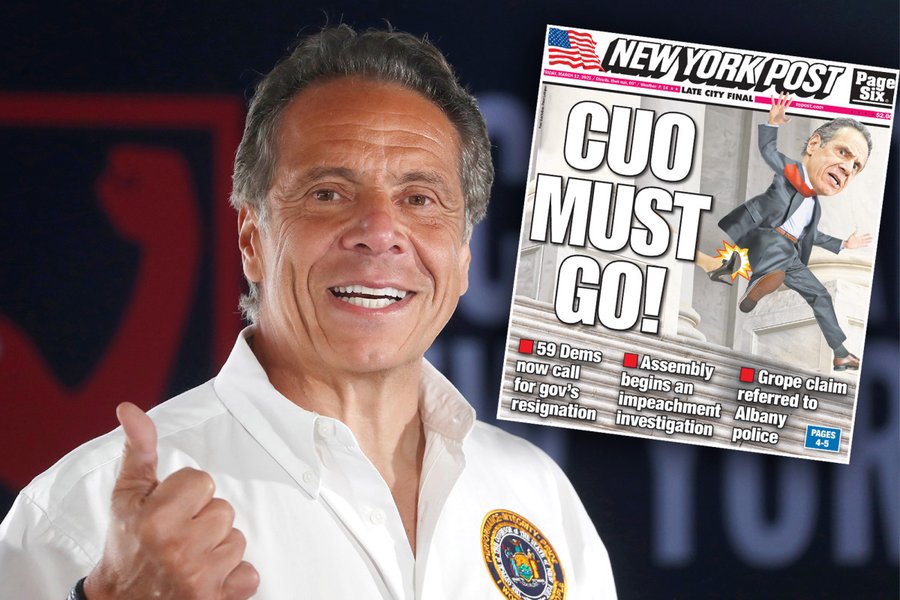











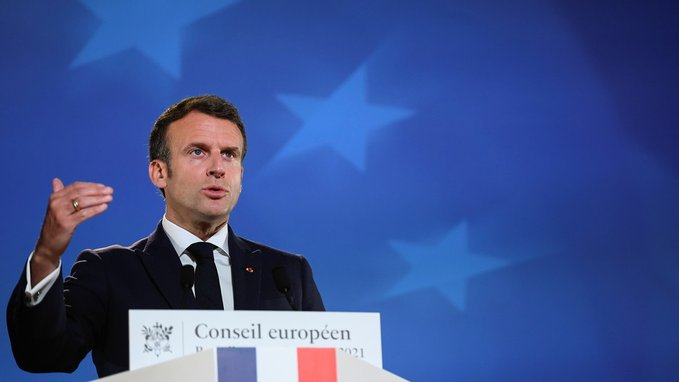

























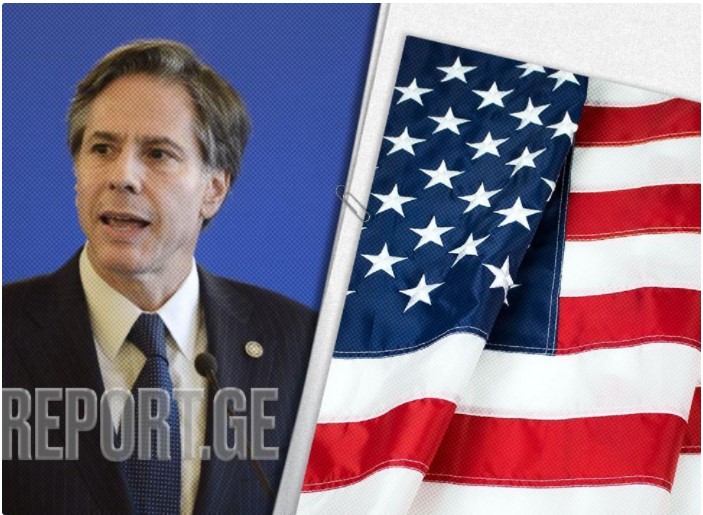


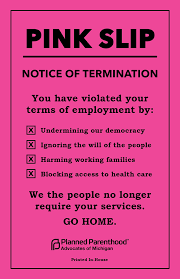
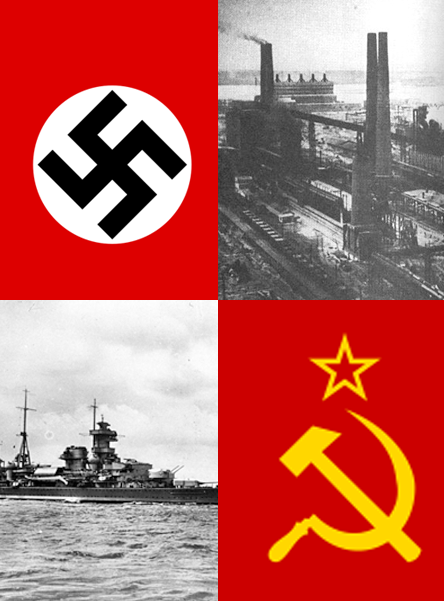

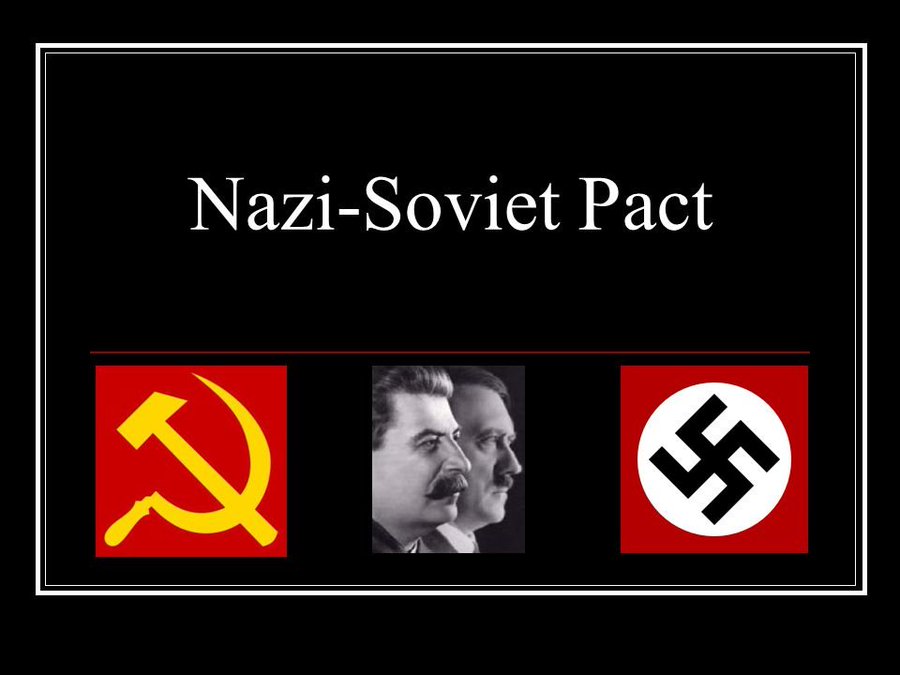

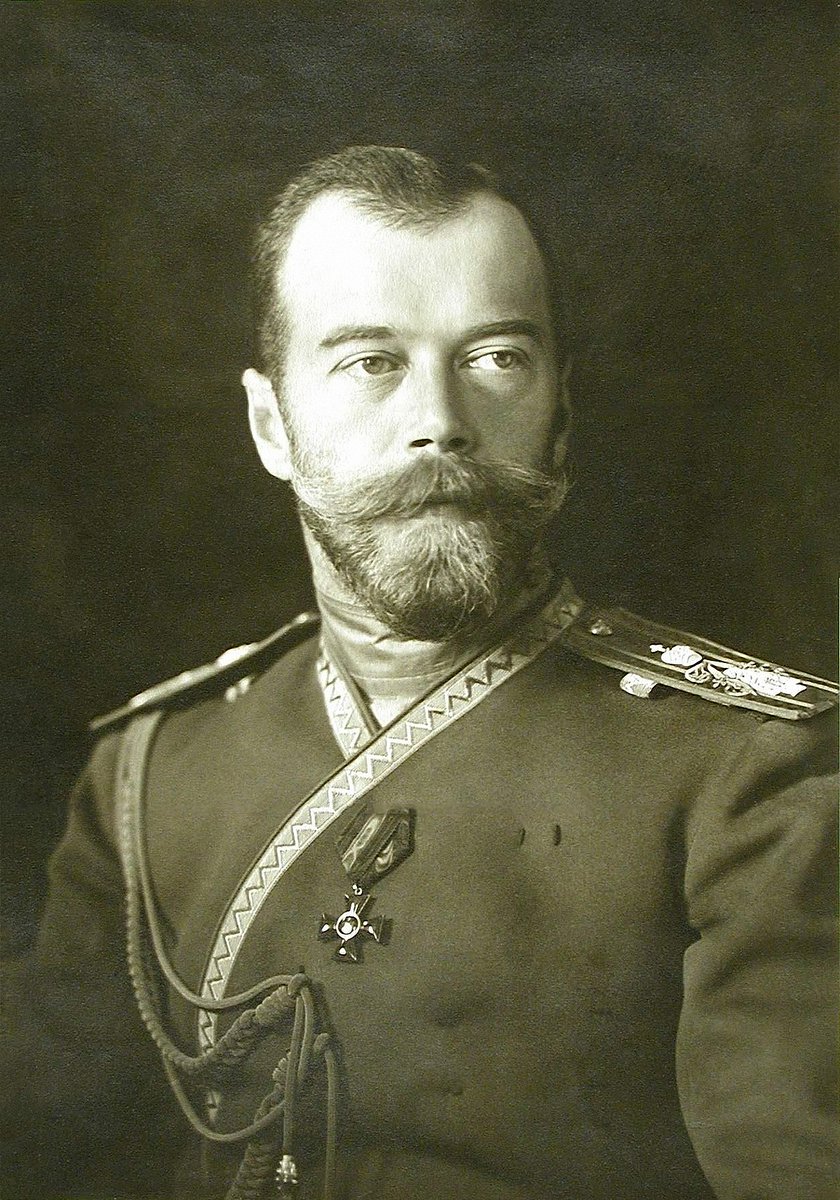
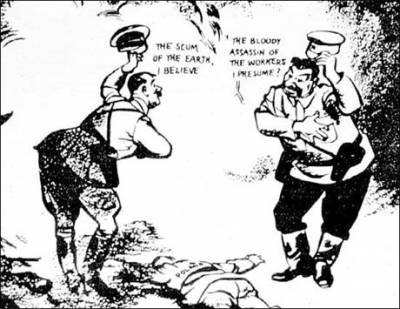





Comments
Post a Comment